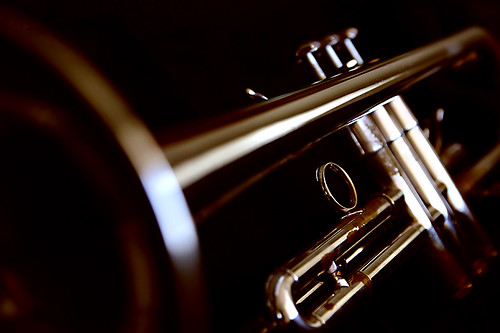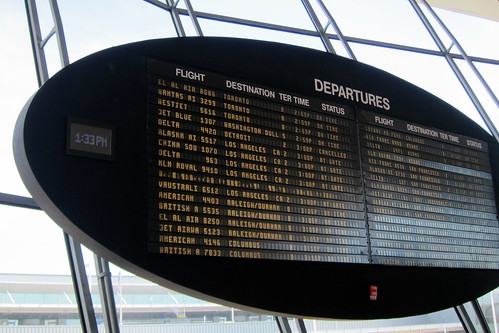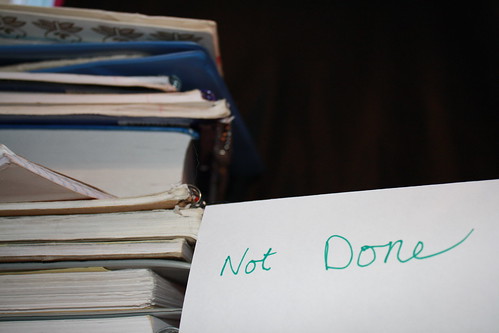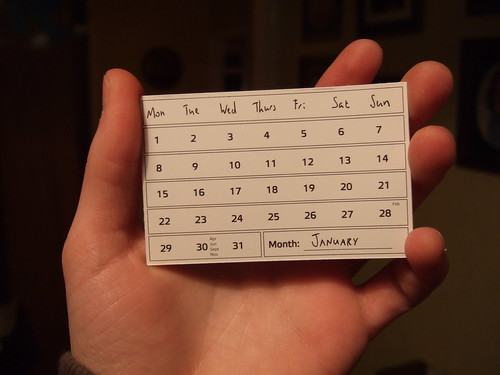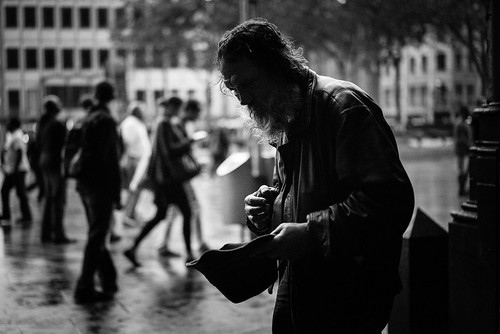11: When do you feel most “anchorless”? (for ref: https://t.co/kqQdtZsrJl) @mrchase #LifeWideLearning16
— Ben Wilkoff (@bhwilkoff) January 11, 2016
My grandfather is kept alive now by an electrical impulse sent to his heart to make sure it keeps beating. The arthritis that has twisted his hands and feet makes walking and the simplest of tasks both painful and frustrating. At Christmas, I told him the same story three times within ten minutes because he asked me the same question three times.
I did my best to tell the story in the same voice each time because he is the man who taught me how to fly fish, to shoot an arrow, and to appreciate jazz.
He taught me how to drive a tractor and laughed at my great-grandmother when she saw 8yo me alone on the mower and called to let him and my grandmother know I was too young.
When my car caught fire on a bridge and my lack of credit necessitated a co-signer on a loan to buy a new one, he didn’t hesitate the sign the loan or take the opportunity to lead an in-depth explanation of credit history and interest rates.
While he isn’t perfect, my grandfather is as fine a man as I think I’ll ever know, and his body is tired.
In these moments, when the people who have been people for as long as I have been in the world are too close to leaving it, I am my most rudderless.
The character lesson of finding out who I am without my grandfather is one I dread learning.
Still, though, there are moments.
Over Thanksgiving, I stopped at my grandparents’ house. I brought with me a second-hand trumpet I’d picked up, and told my grandfather I was there for a lesson. My grandmother went to the basement and came up with a flugelhorn case. My grandfather opened it, took out the horn, and began our lesson at the kitchen table.
Those same gnarled fingers found each valve exactly as they have for the past six decades of performing in jazz bands, brass bands, and municipal bands. Though it meant pressing with the third knuckle rather than the fingertip, he showed me how far I have left to go to travel in his footsteps.
How could I not laugh when he explained his inability to hit the high notes like he used to was due to a lack of practice rather than allowing himself the out of old age?
Well over an hour into our lesson, it was my grandmother serving me a grilled cheese sandwich, not my grandfather’s energy that resulted in our horns being returned to their cases.
He’s still here, and his presence is a reminder of who I am and how I’ve gotten that way.
